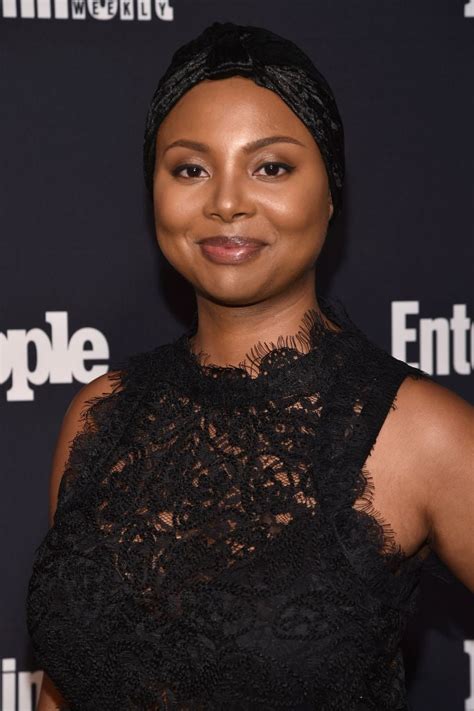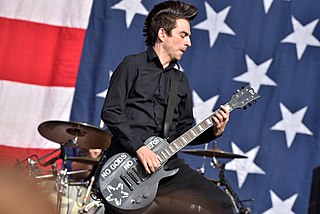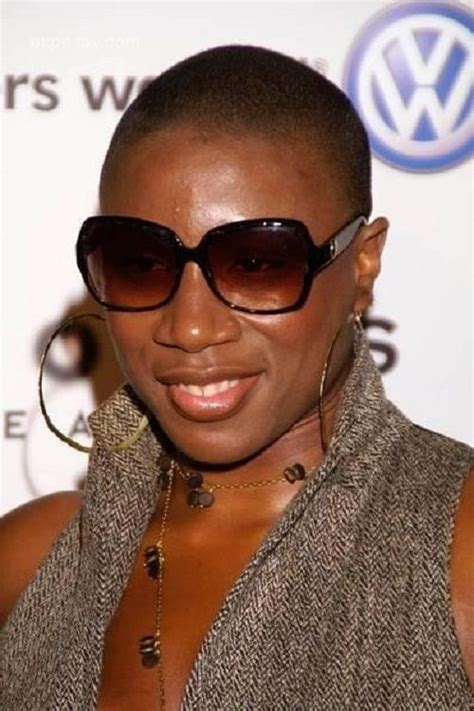A Quote by Misha Green
The Underground Railroad was the first integrated civil rights movement. And it's a great example of when we work together, what we can go against. Which is 600 miles of crazy terrain being chased by slave catchers to get people to be what they should be in the first case - which is free.
Related Quotes
Liberals say this over and over and over again to hide the actual history, which is why I go through the specifics on the big segregationists in the United States Senate, the ones who signed the Southern Manifesto and the ones who voted against the 1964 Civil Rights Act. There's a panoply of issues to consider. The first time they objected to the Federal government doing something was when it came to civil rights legislation. This is in stark contrast to the very few Republicans who voted against the '64 Civil Rights Act.
In less than a century we experienced great movement. The youth movement! The labor movement! The civil rights movement! The peace movement! The solidarity movement! The women's movement! The disability movement! The disarmament movement! The gay rights movement! The environmental movement! Movement! Transformation! Is there any reason to believe we are done?
I think one of the tragedies of the civil rights movement was because the civil rights movement became so court-focused, I think that there was a tendency to lose track of the political and community organizing, and activities on the ground, that are able to put together the actual coalitions of power throughout which you bring about redistributive change. And in some ways, we still suffer from that.
The great social justice changes in our country have happened when people came together, organized, and took direct action. It is this right that sustains and nurtures our democracy today. The civil rights movement, the labor movement, the women's movement, and the equality movement for our LGBT brothers and sisters are all manifestations of these rights.
Any of us who work on the task of solving the climate crisis have at times an internal struggle between hope and despair. But that's one of the things that connects this climate movement to the previous great moral revolutions, like the civil rights movement and more recently the gay rights movement. So those who feel despair should be of good cheer, as the Bible says. Have faith, have hope. We are going to win this.
That was exciting to be able to comment on civil rights. I mean, the civil rights movement that young people don't know about today, but Martin Luther King was considered by the establishment press in the early years of the sit-in movement as a dangerous man, and he was the equivalent at that time as Malcolm X. And he was told to stop his demonstrations; they were against the law and all of that. Now that he's sainted and sanctified we've forgotten.
I don't want to be married. I'm very happy with a civil partnership. If gay people want to get married, or get together, they should have a civil partnership. The word 'marriage,' I think, puts a lot of people off. You get the same equal rights that we do when we have a civil partnership. Heterosexual people get married. We can have civil partnerships.
[Christian rebellion] arises from the doctrine of mankind made in the image of God, and therefore protests against all forms of dehumanization. It sets itself against the social injustices which insult God the Creator, seeks to protect human beings from oppression and longs to liberate them… it protests against every authoritarian regime, whether of the left or of the right, which discriminates against minorities, denies people their civil rights, forbids the free expression of opinions or imprisons people for their views alone.






































